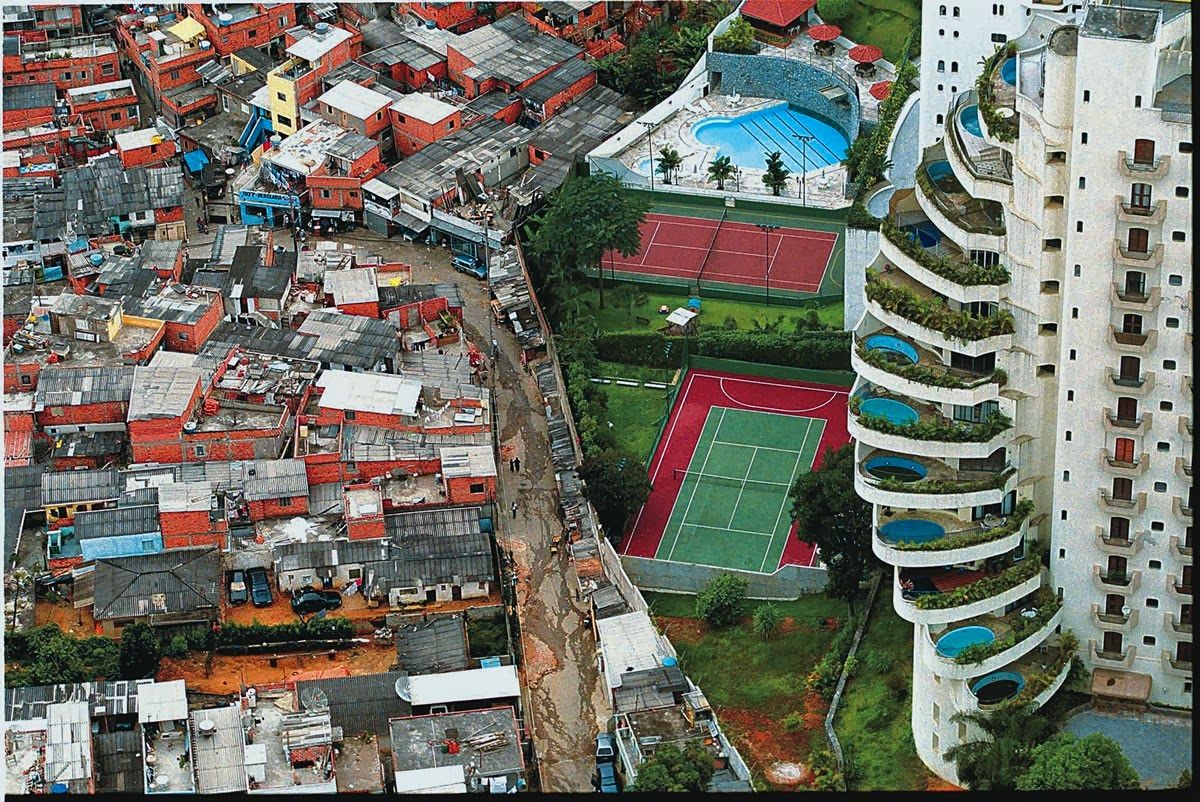RIO DE JANEIRO, BRAZIL – Alicia Bárcena, Head of the United Nations Economic Commission for Latin America and the Caribbean (ECLAC), has voiced concern about the potential impact of the coronavirus pandemic on this region of the world.

According to ECLAC, Latin America and the Caribbean is the region with the most extreme inequality, greater even than sub-Saharan Africa. For 2019, the Economic Commission reported an increase of six million people living in poverty in absolute terms compared to the preceding year. Thus, in early 2020, 190 million people were considered to be living in poverty, including 70 million in extreme poverty.
According to the International Labour Organization (ILO), Latin America is one of the world regions with the highest proportion of casual workers. Consequently, 53 percent of Latin Americans work in the informal sector. These people are particularly affected by measures such as curfews, as they are thereby deprived of their sources of income.
According to ECLAC, between 2014 and 2020 Latin America also recorded the lowest economic growth in decades.
Bárcena notes that health systems are inadequate and barely able to meet current needs. Inequality in access to health care is also a major issue. Among the poorest of the poor, only one third have any form of health insurance at all. “Given this situation, the region does not need regulatory measures, but rather those that increase economic growth and reduce inequality,” Bárcena notes.
In order to meet the challenges posed by the coronavirus, Bárcena said it is necessary to think about increased regional integration and a shift away from the current economic model.
The consequences for the most vulnerable are also evident, among other things, in the state-run “migrant accommodation” in Mexico, where people from Central America, in particular, are held. Civil society organizations that provide care for the refugees report overcrowding, catastrophic medical and hygienic basic services and the lack of security protocols to prevent an outbreak of the coronavirus.
Alejandra Marcías Delgadillo, executive director of the NGO Asylum Access México, announced that her organization for the protection of migrants and their workers no longer visits shelters. An inquiry with the Mexican immigration authority INM regarding which measures for the protection of migrants are underway and planned remains unanswered to date.
Meanwhile, a letter from Pope Francis has been made public in which he comments on the situation in Latin America and the Caribbean. The action of so many people who are risking their lives to heal and protect people fills his heart with joy.
He praises the governments that acted on the principle of “people first”. “And this is important because we all know that defending people is a setback for the economy.” The opposite would be tragic because it would imply “the death of very many people, something like a viral genocide”.
Looking to the future, he mentions consequences of the coronavirus crisis that would soon need to be tackled: “hunger, particularly among people without permanent jobs (casual workers, etc.), violence, the emergence of profiteers (who are the real plague of the future of society).

